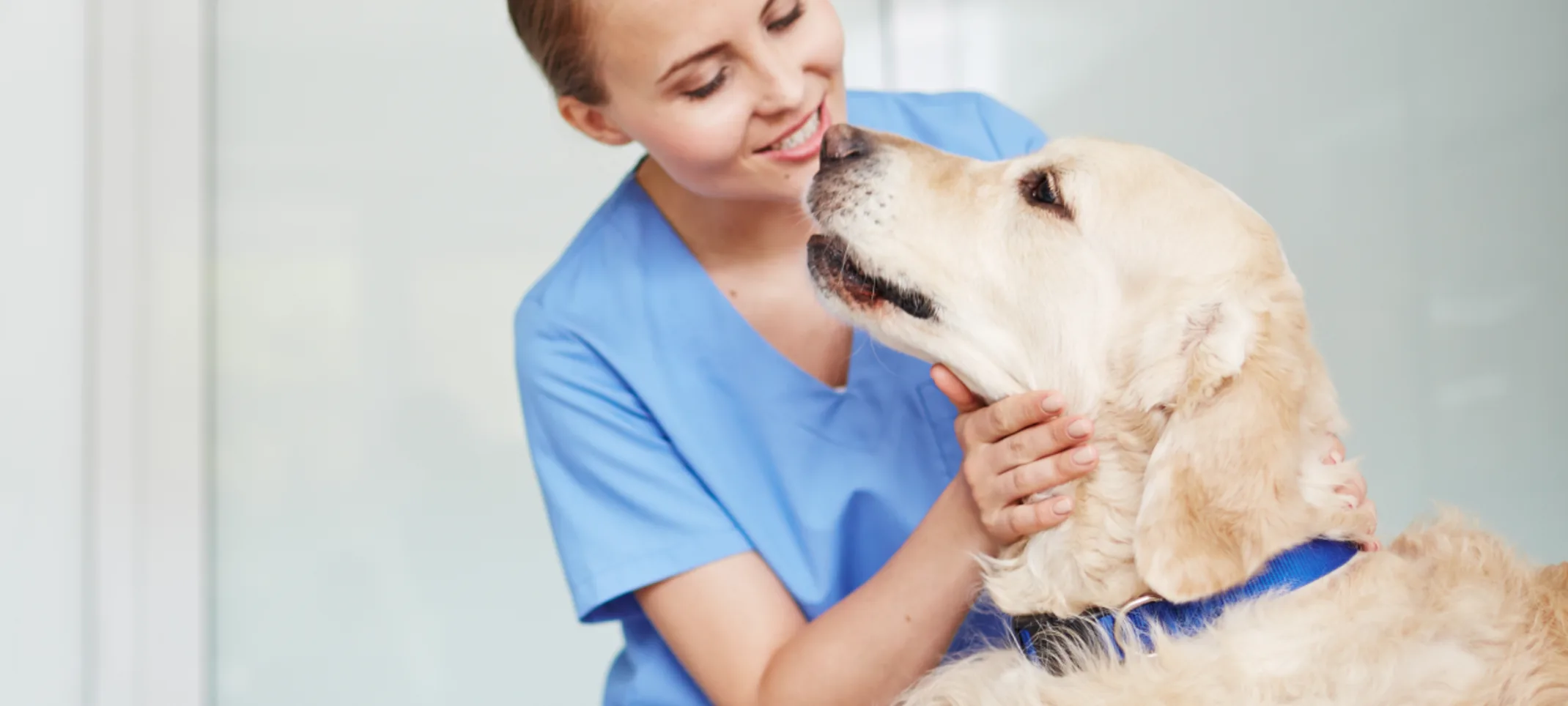Pet Vet – Roanoke
Geriatric Medicine
Just like us, the care needs of our precious pets change throughout their lifetime. This includes when they reach their senior years and their body begins to show physical and cognitive signs of aging and deterioration.

Overview
It is important to recognize that not all animals will age at the same rate and how quickly you notice signs of age-related decline will largely depend on your species and breed of pet. For example, cats and dogs generally live longer than smaller mammals, and small breeds of dog tend to live longer than large breeds. When it comes to canine aging, a small dog will be considered to be ‘geriatric’ once he reaches 9 years old, whereas a large breed is considered to be a senior pet at the age of 7. We understand the importance of tailored care for your senior pet so that he can live out the remainder of his years in the comfort and dignity that he deserves. Geriatric medicine is the name given to the specialism of diagnosing, managing and treating medical conditions in senior pets. We are delighted to be able to offer comprehensive geriatric medicine services to animals in our care.
Common Age - related Changes you Should Expect to See in a Geriatric Pet
Exactly what age-related changes you can expect to see in a geriatric pet can vary between animals. However, below we have listed some of the most common things you can expect to happen to your pet and how our geriatric medicine services can help him.
Dietary Changes
As your pet gets older, you will almost certainly notice that he starts to eat less. This is largely due to changes in his metabolism that makes him less hungry. He will also be moving around less, and this means that he needs fewer calories to sustain him. It is essential that you alter his diet to reflect this as continuing to feed the same amounts of food as before will not only lead to wasted food but could also cause him to put on weight. Since obesity is the leading cause of a huge range of different health problems, and it is much harder to get animals to lose weight once they reach senior age and their metabolism slows down, it is better to ensure that he maintains a healthy weight for the duration of his senior years. Our team can give you all the advice you need regarding the dietary changes that you need to make to ensure your pet’s ongoing health. We can also advise you if there are certain nutritional changes or supplements that would benefit his health, for example, to treat an ongoing medical condition such as diabetes or arthritis.
Reduced Mobility
As we get older, our joints start to deteriorate, and we have less energy to move around. The same can be said for your pet. He may not want to exercise as much as before and he may struggle to negotiate stairs and even walk up hills. Some pets will experience problems such as arthritis and degenerative disc disease and this will become exacerbated if your furbaby is overweight.
Our experience geriatric medicine vets can support you to support your pet. This may include different elements such as:
Advising you on home adaptations that you can make to keep your pet comfortable, such as ramps, orthopedic beds, elevated food bowls and more.
Adjusting his exercise routine so that it better fits his requirements.
Pain medication and anti-inflammatory to help manage and treat some conditions.
Recommending alternative therapies such as massage, acupuncture, hydrotherapy, and physical therapy.
Cognitive Changes
Brain cells can deteriorate just like body cells, and this means that you may notice some significant changes in the cognitive skills and behavior of your pet. This is often referred to as cognitive dysfunction and is not dissimilar to the way that humans experience Alzheimer’s Disease. Some of the changes that you may notice may include:
Excessive vocalization
Confusion
Sudden separation anxiety
Aggression
Loss of interest in people and the world around them
Vision and hearing loss
Not recognizing who you are
While there are some medications that can help with age-related cognitive dysfunction, in many cases it is simply necessary to make changes to your pet’s care to help him function day to day and keep him comfortable and safe. This could include adaptations to the layout of your home, putting him in doggy daycare if you have to go to work, encouraging him to eat and more. Our team will be able to support you with these cognitive changes and recommend any action that we feel would be beneficial to the ongoing health and happiness of your furbaby.
If you would like more information about geriatric care for your senior pet, or if you would like to arrange an appointment for your furbaby at Pet Vet Roanoke in Roanoke VA, please don’t hesitate to get in touch with our office (540) 904-2229.
